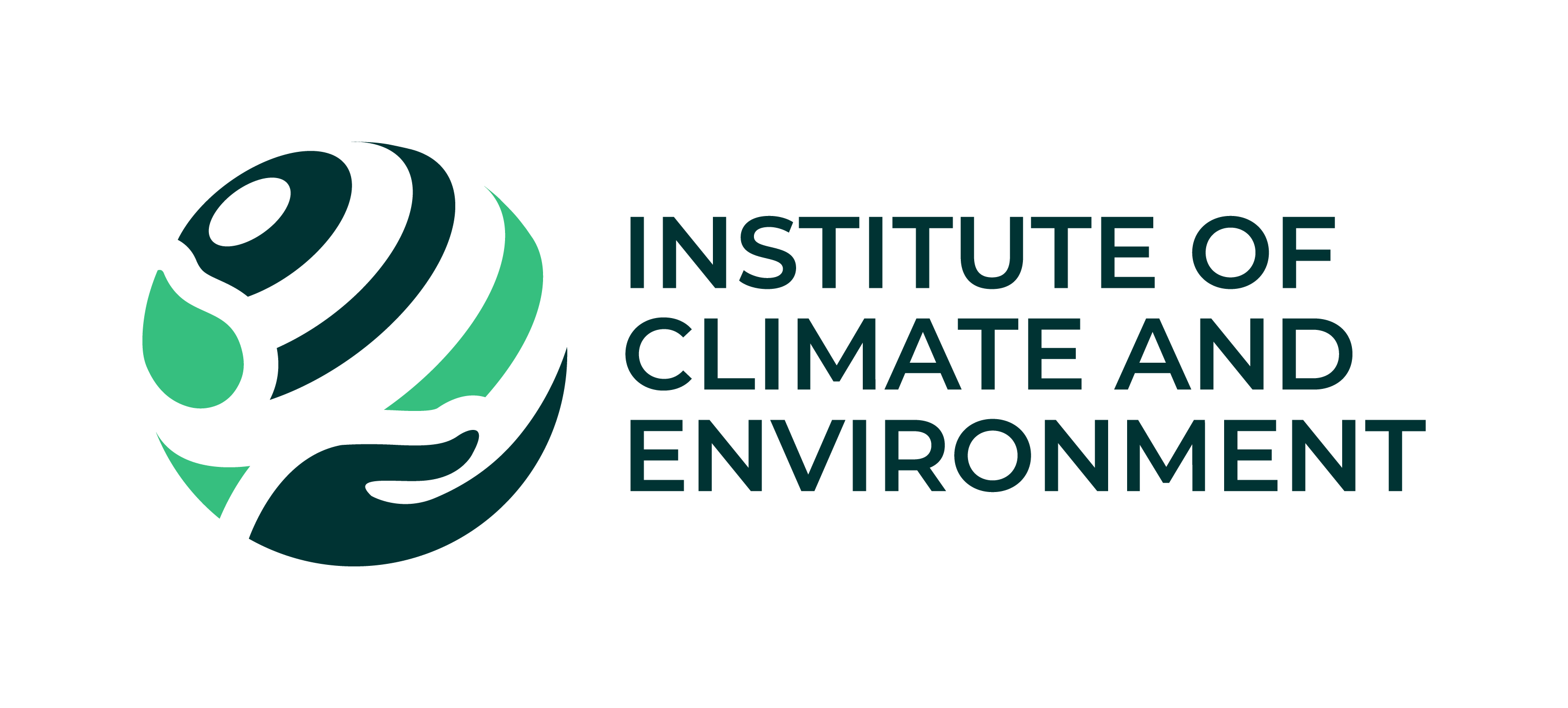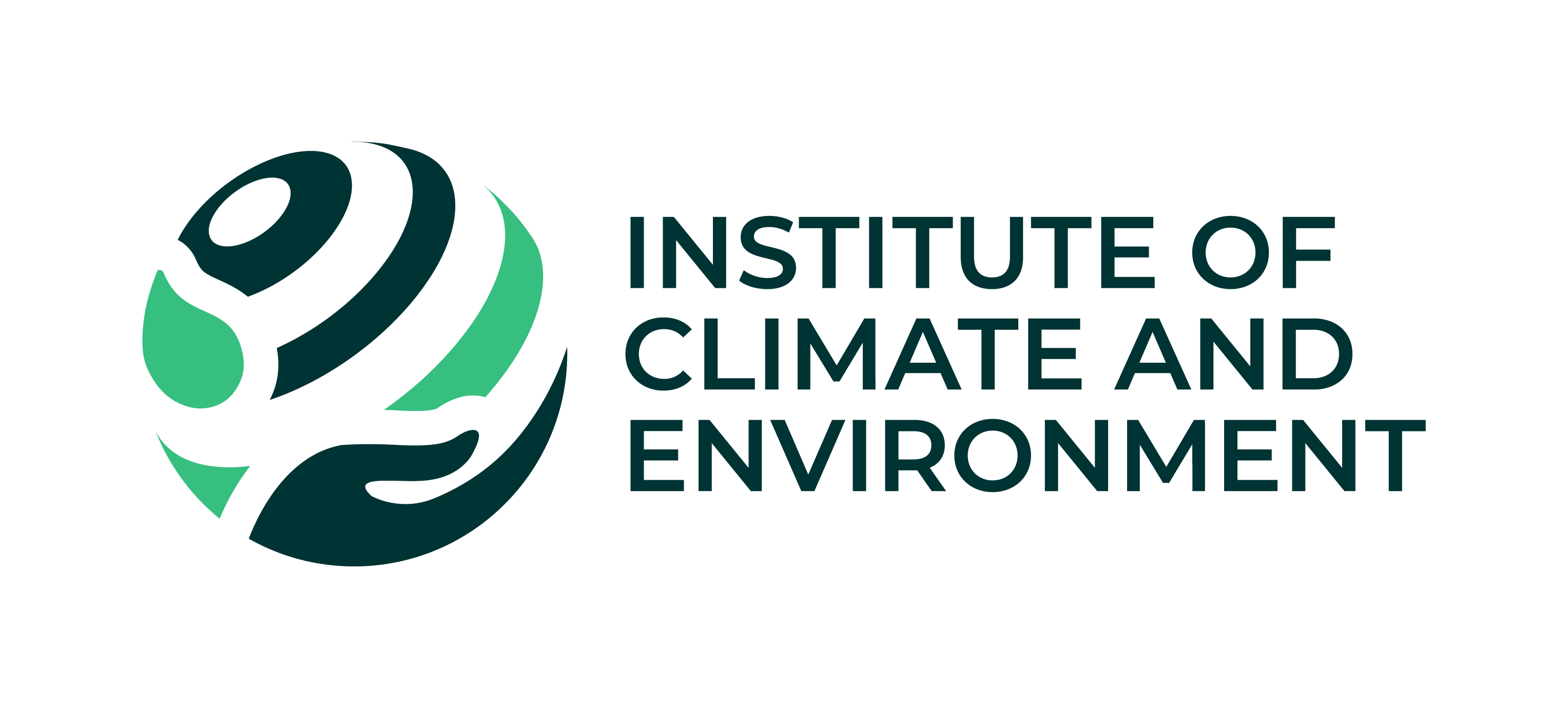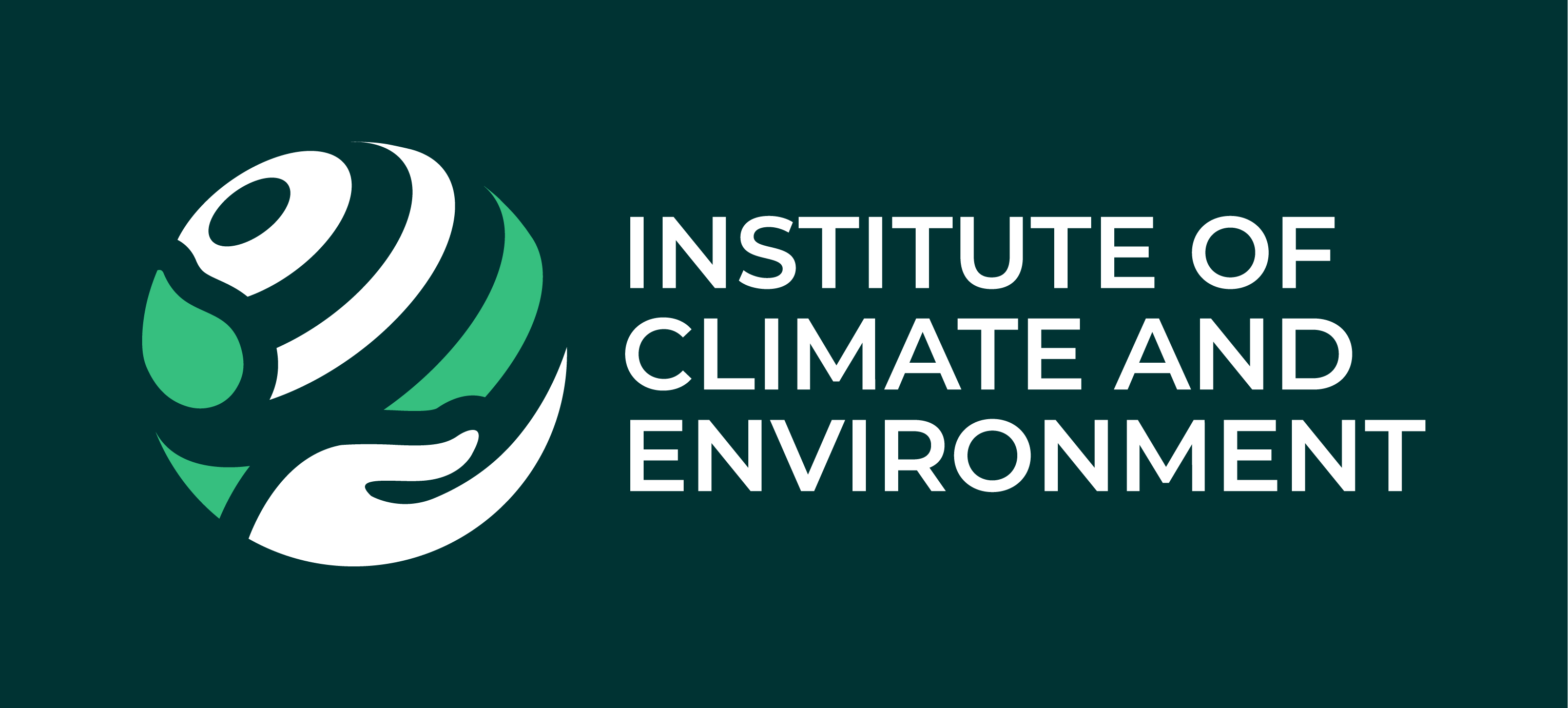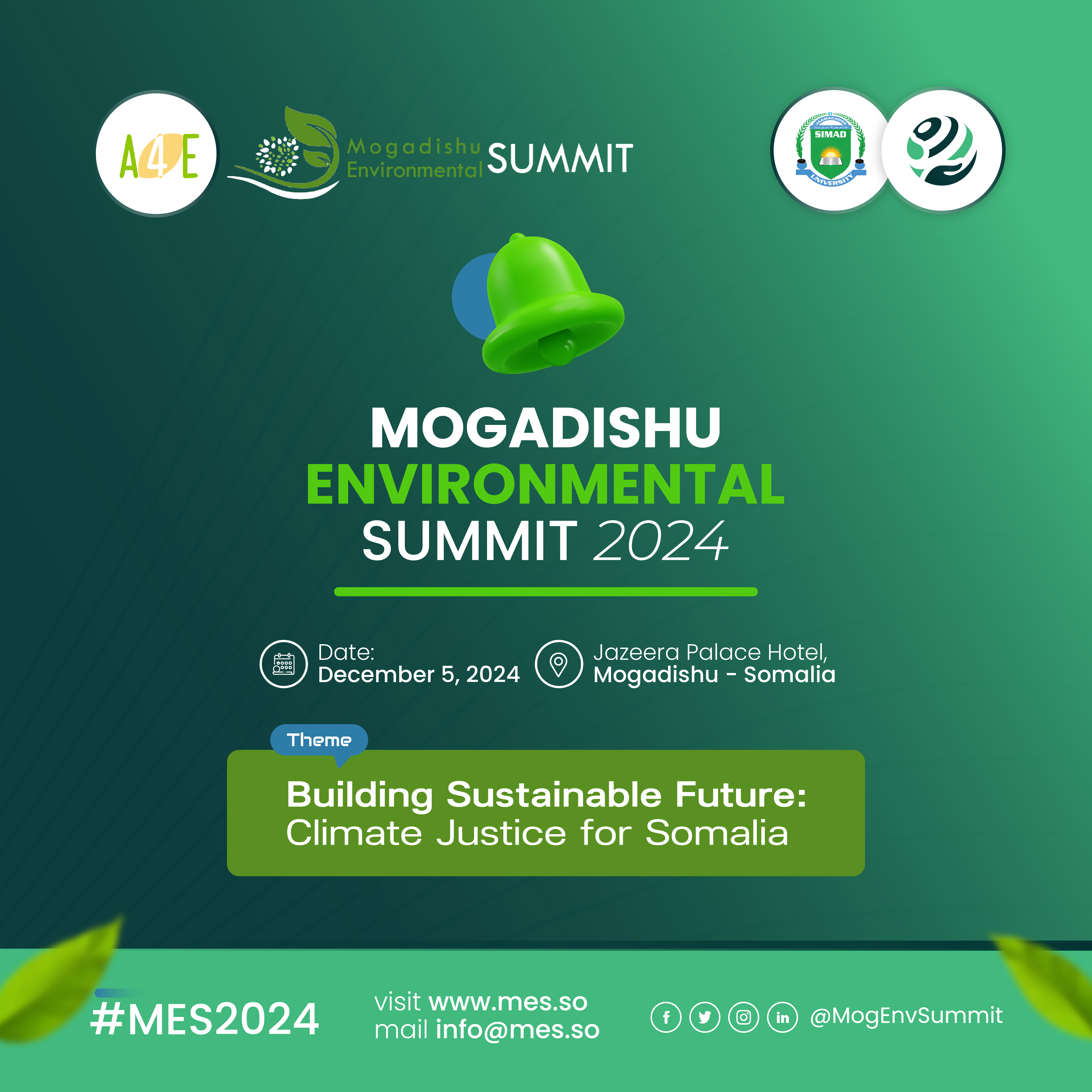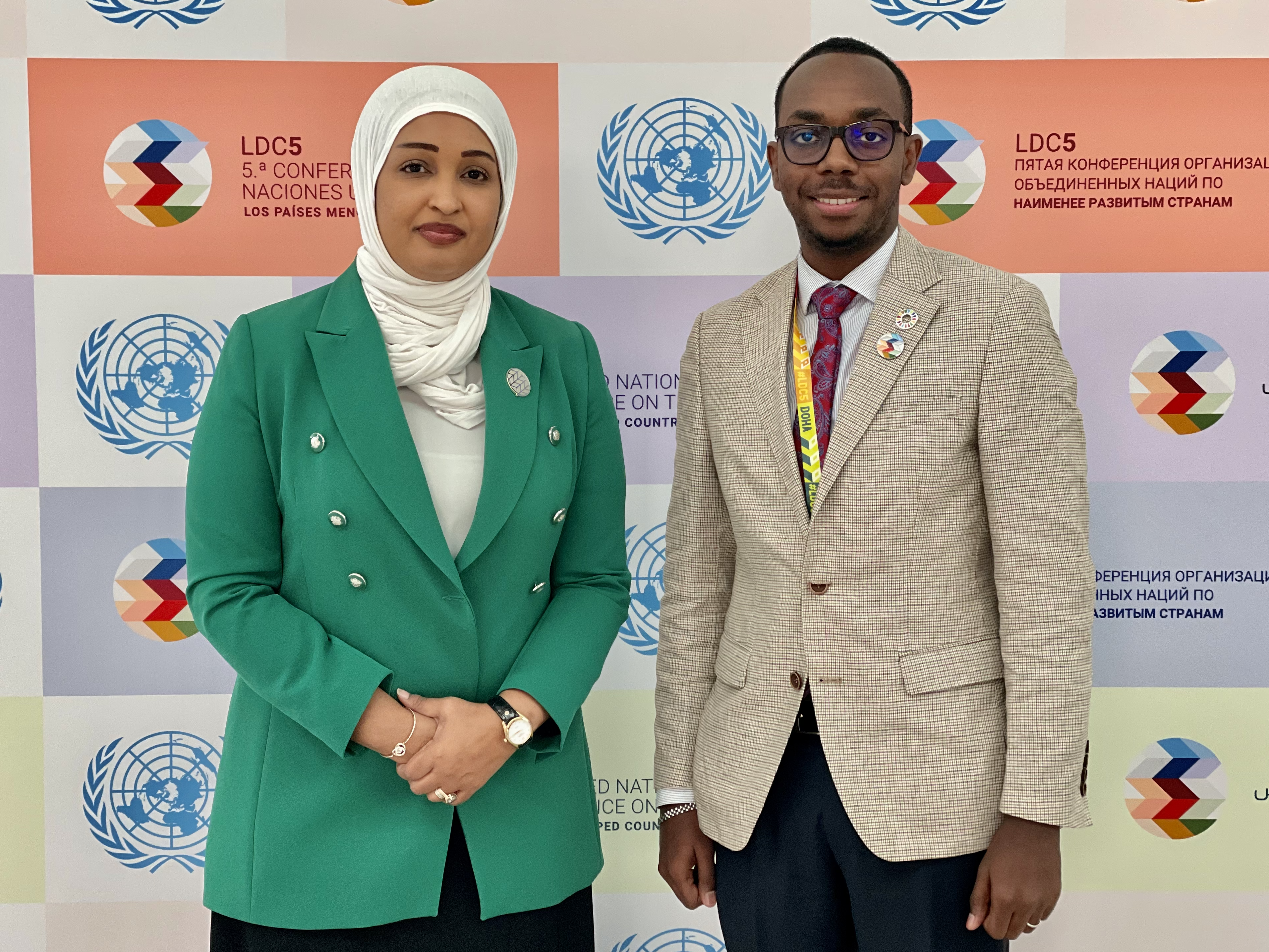
ICE Institute Achieves Observer Status with the UNCCD: A Milestone for Climate Leadership in Somalia
In a historic move for Somali academia and climate leadership, SIMAD University has been provisionally accredited as an observer to the United Nations Convention to Combat Desertification (UNCCD). This announcement, made official by the UNCCD Secretariat on August 5, 2025, marks a major step forward in Somalia’s engagement with global environmental governance and signals growing recognition of the critical role that Somali institutions can play in the fight against desertification, land degradation, and drought. This milestone is a result of the efforts led by the Institute of Climate and Environment (ICE) at SIMAD University, which submitted the required documentation and has championed research, policy advocacy, and multilateral engagement on climate issues across Somalia and beyond.
A Moment of Institutional Pride and National Relevance
Founded in late 2023, ICE has quickly emerged as Somalia’s leading think tank on climate, environment, and sustainable development. With a mission rooted in advancing local solutions to global challenges, ICE combines evidence-based research, youth engagement, community outreach, and policy dialogue to promote climate resilience and environmental stewardship.
Through initiatives like the Green Champions Program, Climate Justice Incubator, Climate Conversations, and Sustainability Scholars Program, ICE is actively shaping the climate narrative in Somalia—empowering young people, mobilizing grassroots communities, and influencing national and regional policies.
The provisional accreditation with the UNCCD comes as a validation of these efforts and a gateway to elevate Somalia’s voice in international climate diplomacy. It strengthens ICE’s strategy of amplifying local perspectives in global climate forums and reinforces SIMAD University’s commitment to being a globally connected and locally impactful institution.
Why This Matters for Somalia
Somalia faces severe and intensifying environmental challenges—from prolonged droughts to desertification, food insecurity, and resource-based conflicts. Engagement with global frameworks like the UNCCD enables Somali institutions to contribute to international knowledge exchange, access technical support, and shape climate finance and policy mechanisms relevant to dryland and fragile contexts.
As part of its strategic vision, ICE seeks to position Somalia not just as a climate-vulnerable country but as a resilient actor, capable of generating indigenous solutions, driving policy reform, and contributing meaningfully to global climate discourse.
Looking Ahead: From Provisional Status to Policy Impact
As SIMAD University prepares for its formal participation at UNCCD COP17 in 2026, ICE will continue to advance its core mission through targeted research, inclusive dialogue, and capacity building. Stakeholders across government, civil society, academia, and international partners are invited to collaborate with ICE in leveraging this milestone to accelerate action on land restoration, sustainable resource management, and community-driven climate adaptation.
This is not just a win for SIMAD University—it is a moment of pride for Somalia and a beacon of what’s possible when local institutions lead boldly on global issues.
